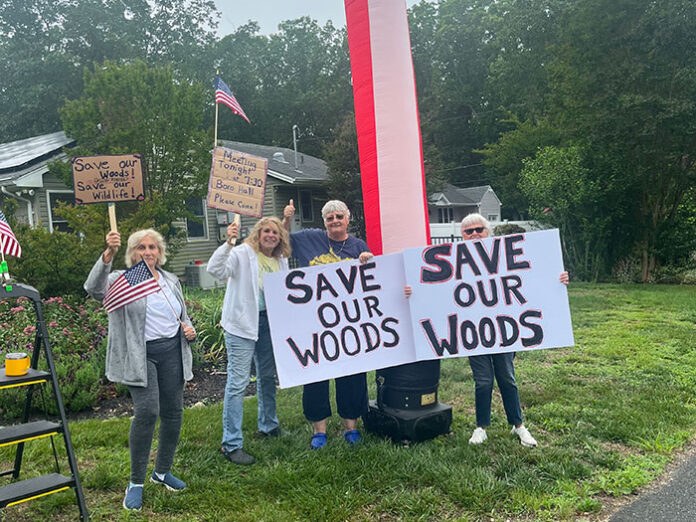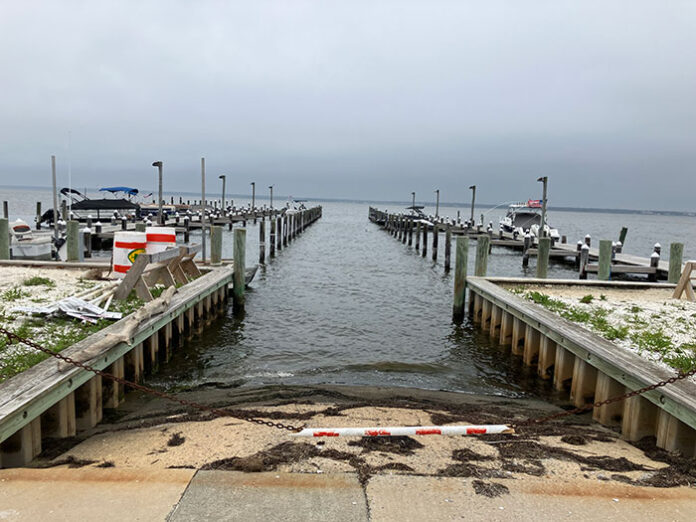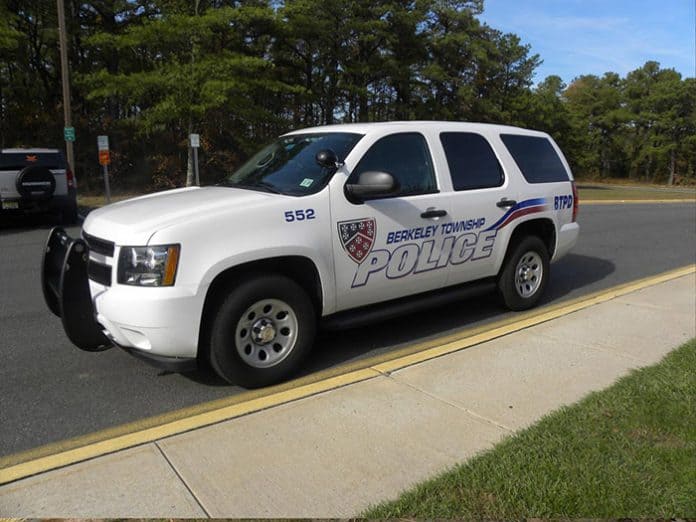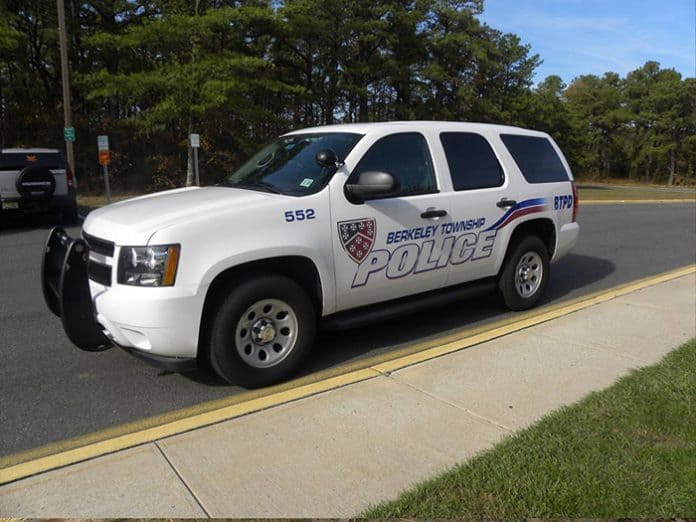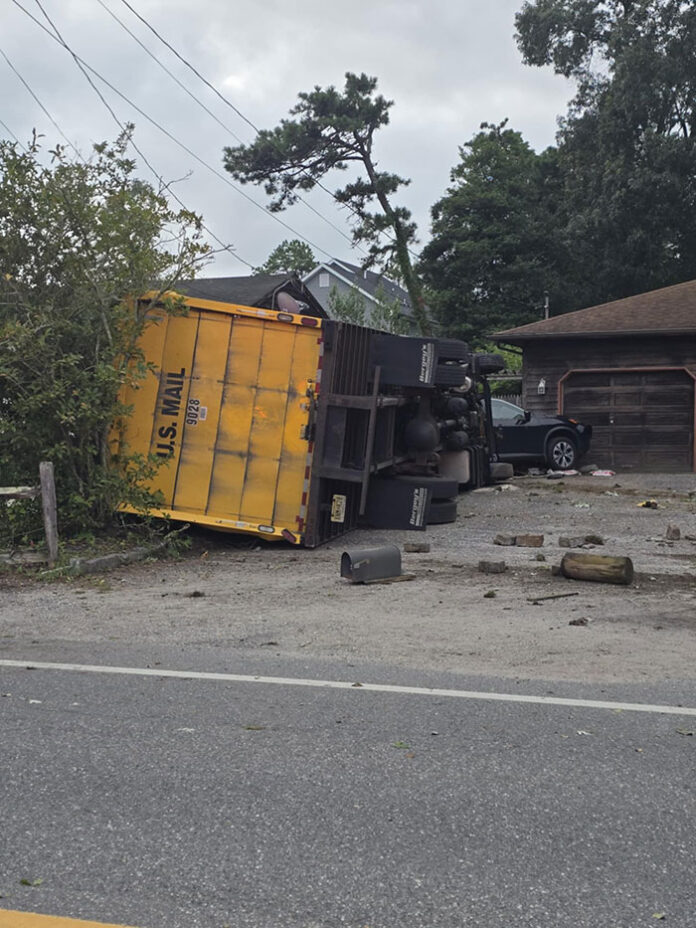A PINE BEACH Before turning into a driveway that leads to Pine Beach Elementary School’s parking lot, Merion Avenue stripes across the little borough. Although it’s a peaceful neighborhood where children can walk to school, the possibility of an apartment complex being constructed there worried the neighbors.
Affordably priced housing is the main problem. The state has mandated for decades that towns give low-income residents the opportunity to live in their communities. Over time, this has taken on several forms. The fourth iteration of Fair Share Housing is currently underway. This includes the number of affordable units in a town, the number that is required, and the number that may be constructed.
Since the fourth round runs from 2025 to 2035, all of New Jersey’s towns have had to engage in negotiations with the state this year. Although the town’s calculations only called for three affordable housing units, a judge ordered Pine Beach to provide thirty.
An apartment building was likely the only method to meet the town’s requirement of providing 30 apartments. According to a State Department of Community Affairs study, the only area big enough to construct something like that is the land by the school.
Residents then devoted weeks to opposing any units and attending meetings to voice their opposition to any significant development.
The little meeting space was once again packed at the most recent Land Use Board meeting. When officials announced that the town would donate the area to the county’s open space program, everyone exhaled in relief.
Money from every piece of property in the county is collected by the Ocean County Natural Lands Trust Fund, which then utilizes the funds to purchase and permanently protect land. Normally, they work out a deal with the owner of the property, but in this instance, the borough is giving it to them.
At a future meeting, the Borough Council is anticipated to vote on transferring the area to the county. This is required by the OCNLTF as the town is preventing taxes from ever being collected on this property.
According to Michael Herbert, an affordable housing lawyer the municipality hired, the area has environmental value. We no longer have available land for reasonably priced condos as a result of that donation. Now, we’ll present a fresh strategy. The town’s new number is zero.
According to Morgan Municipal planning engineer Mark Rohmeyer, the town still needs to create some plans for future affordable housing.
Changing the zoning of land on Route 9 is one such plan. Twenty percent of those properties must be affordable if they are converted from commercial to residential use and five or more residential units are constructed, he stated. For instance, the current structure might be demolished and replaced with flats on the second floor and retail on the first.
New development on vacant lots may also be inexpensive under the scattered site scheme, he added, but the buildings don’t have to be connected like an apartment complex. There aren’t many lots that suit this description because the town is largely built out.
Half of the audience departed when the Land Use Board decided to forward this suggestion to the Borough Council. Board member Justine Saxton then shared that she had just received word on her phone that the Ocean County Natural Lands Trust Committee will suggest to the County Commissioners that they approve the contribution.
At one of their upcoming meetings, the commissioners would cast a vote on this.
A Lawful Battle?
Although there are hundreds of communities in the state, Herbert informed the public that the Fair Share Housing Center is likely to oppose the majority of plans.
According to him, developers could potentially protest this proposal. Nonetheless, the community is shielded from builder’s remedy lawsuits by having a plan in place.
This occurs when a developer files a lawsuit against a town, claiming that the town has effectively zoned out the poor. The town loses a lot of control over what it wants constructed if the court rules against it.
According to Herbert, developers and the State of New Jersey have until August to raise objections. The timeframe for completing everything is March 2026.
When the public was allowed to ask questions at the hearing, the majority of them focused on additional worries: Would the state be able to thwart this plan and penalize Pine Beach for trying? Is this permitted by the town?
Herbert stated that while nothing can be guaranteed, the officials are acting lawfully and in a manner that should appease the state.
Promotion
Christine Lill, the president of the Land Use Board, stated that no members of the public attended the initial meeting regarding this in May. Many residents attended a special meeting that was held specifically to address this issue. People arrived and talked about this in another meeting even though it wasn’t on the agenda. This was the second time that a special meeting was called specifically for this reason.
It’s the duty of every person to know what’s going on in their town, but it’s much easier if the town communicates problems, according to resident Bernadette DiPalma.
According to one resident, the borough officials have to pay attention to the people and ask them to assist in resolving problems because they came up with the idea of donating the land to the county for open space.
Many locals gave thanks to Dot Kulina, who lives on Motor Road where Merion Avenue exits the school, for using Facebook to spread the word about the problem and for holding signs by the side of the road. They said that without her, the locals would not have been aware of the problem or opposed it.
